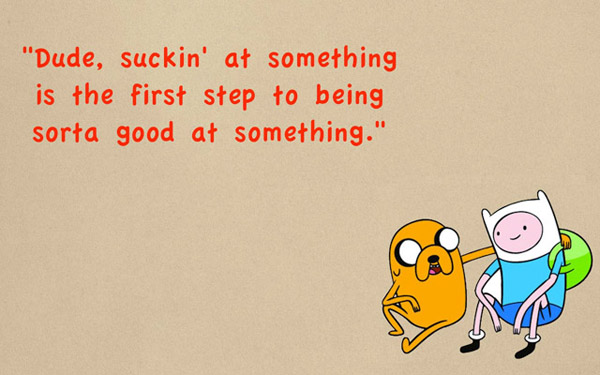At Stanford University’s graduation ceremony in June 2005, Steve Jobs delivered an unforgettable Commencement address to graduating students.
In his speech, he shared a story about how seemingly-unconnected experiences ended up being critical to realizing his accomplishments, even though he didn’t know it at the time. His inspiring address is worth listening to in its entirety, but one lesson in particular caught my attention:
“Again, you can’t connect the dots looking forward; you can only connect them looking backward. So you have to trust that the dots will somehow connect in your future. You have to trust in something — your gut, destiny, life, karma, whatever. This approach has never let me down, and it has made all the difference in my life.”
– Steve Jobs
As I considered this, I realized that for some accomplishments in life, the “dots” are handed to us; such as graduating college: “pass this list of courses to earn your degree.” While these accomplishments are still difficult, it’s easier for us to trust that our dots will connect to achieve an end goal.
More often, however, we aren’t handed a well-defined curriculum to follow – especially for our personal goals. Instead, it’s up to us to discover the dots, leaving us wondering whether they’ll eventually connect and lead us to a successful outcome.
This practice of “finding the dots” is full of uncertainty, which can quickly turn into stress, anxiety, or complete loss of motivation. In other words, it’s difficult to trust that what you’re doing will eventually get you to where you want to be.
So I asked myself: How can I increase my trust that my “dots” will connect? What can I do to help me stay motivated to reach my goals successfully?
Answering this took a great deal of introspection, but in the end I narrowed it down to just one answer – a simple, practicable skill that reduces uncertainty for anyone looking to “connect the dots” to achieve their goals.
To understand better, let’s take a look at the true story of my good friend Mike, who recently “connected his dots” to build his self-confidence and tackle a goal that many of us consider, but rarely act on: a career change.
Continue reading…

